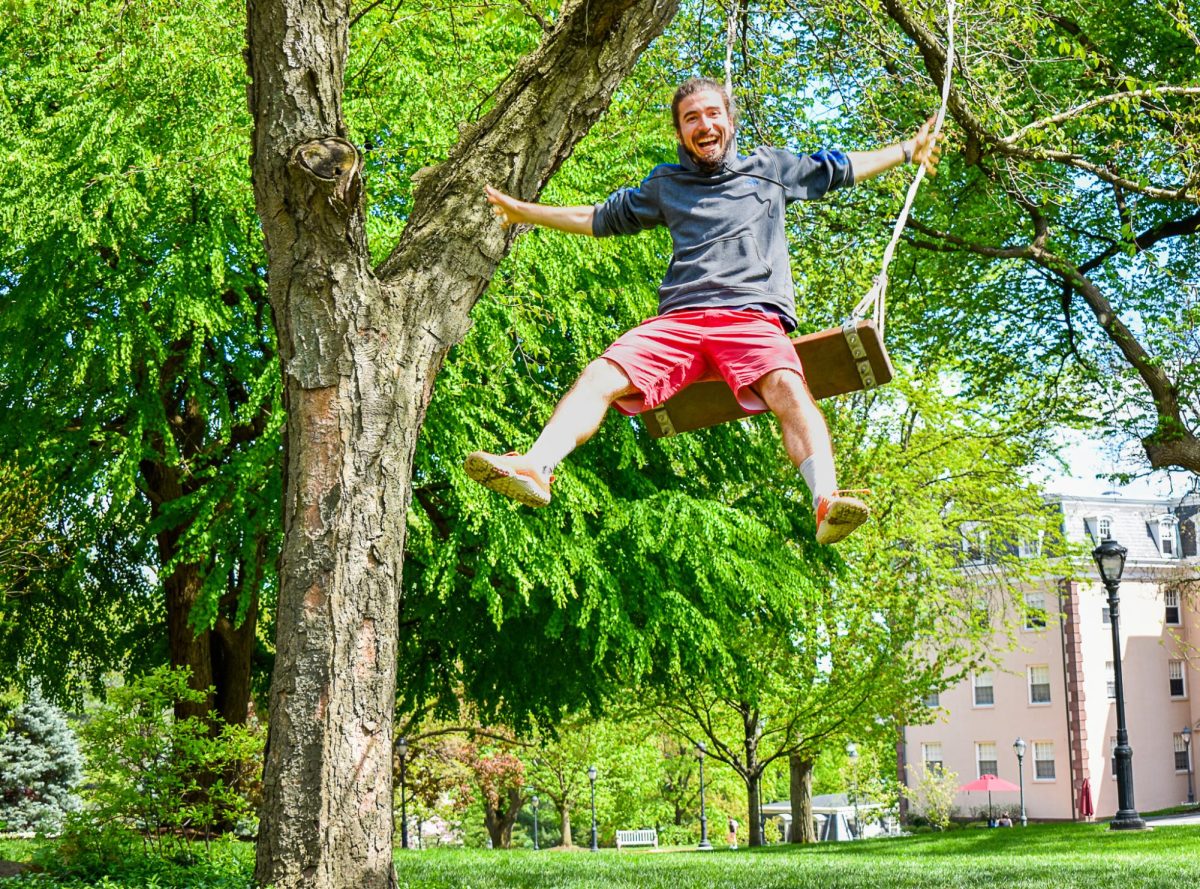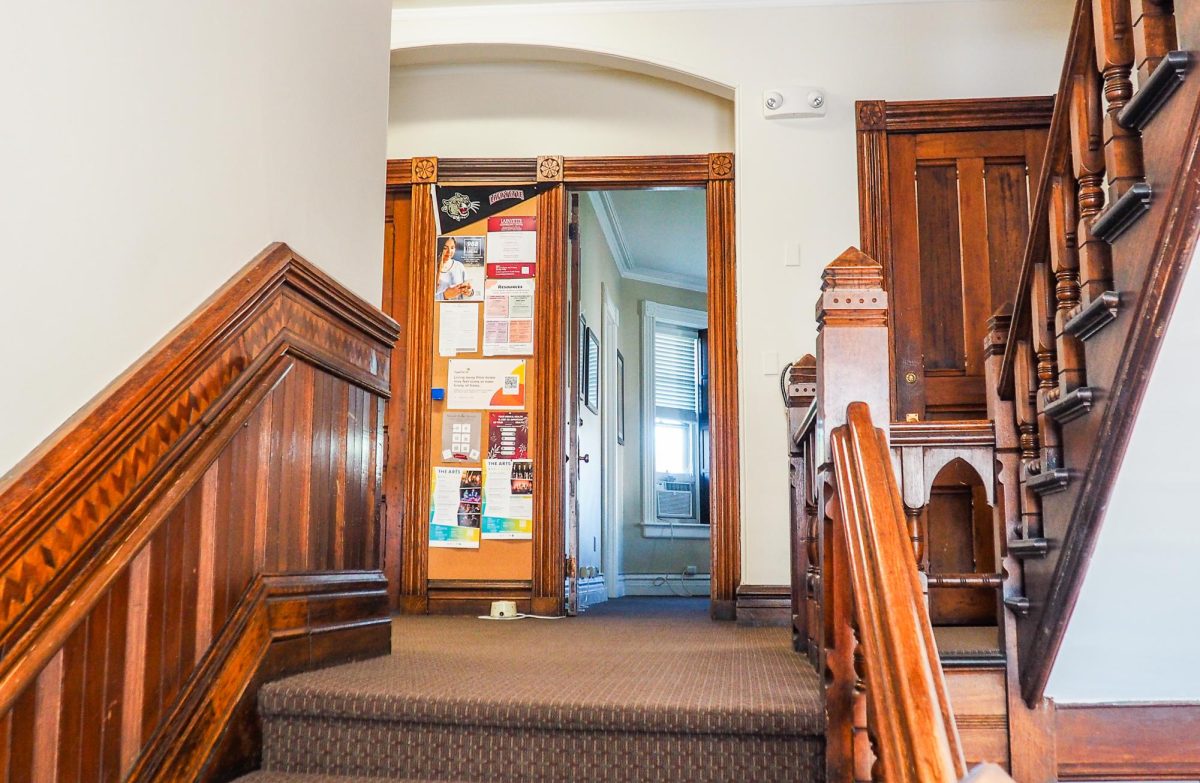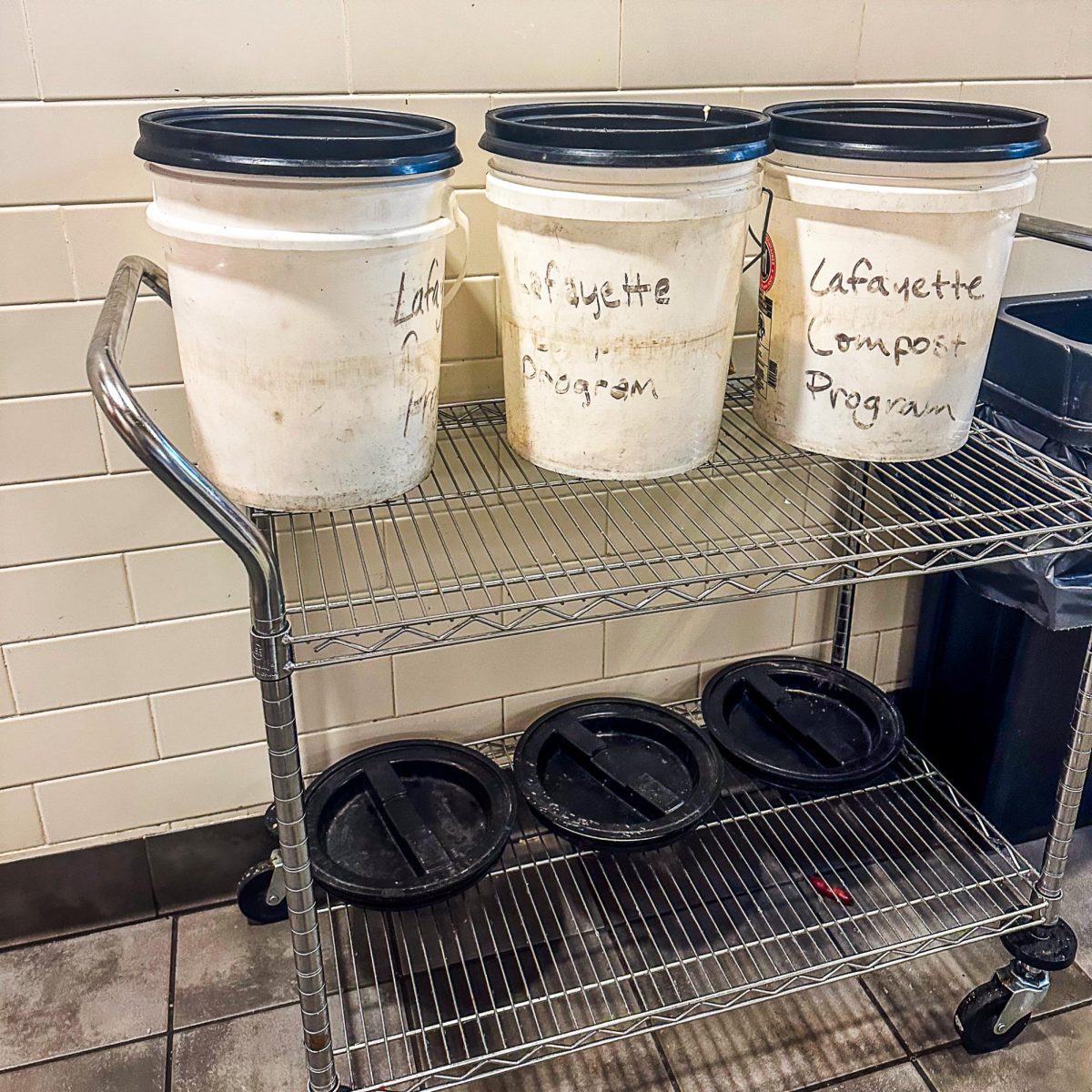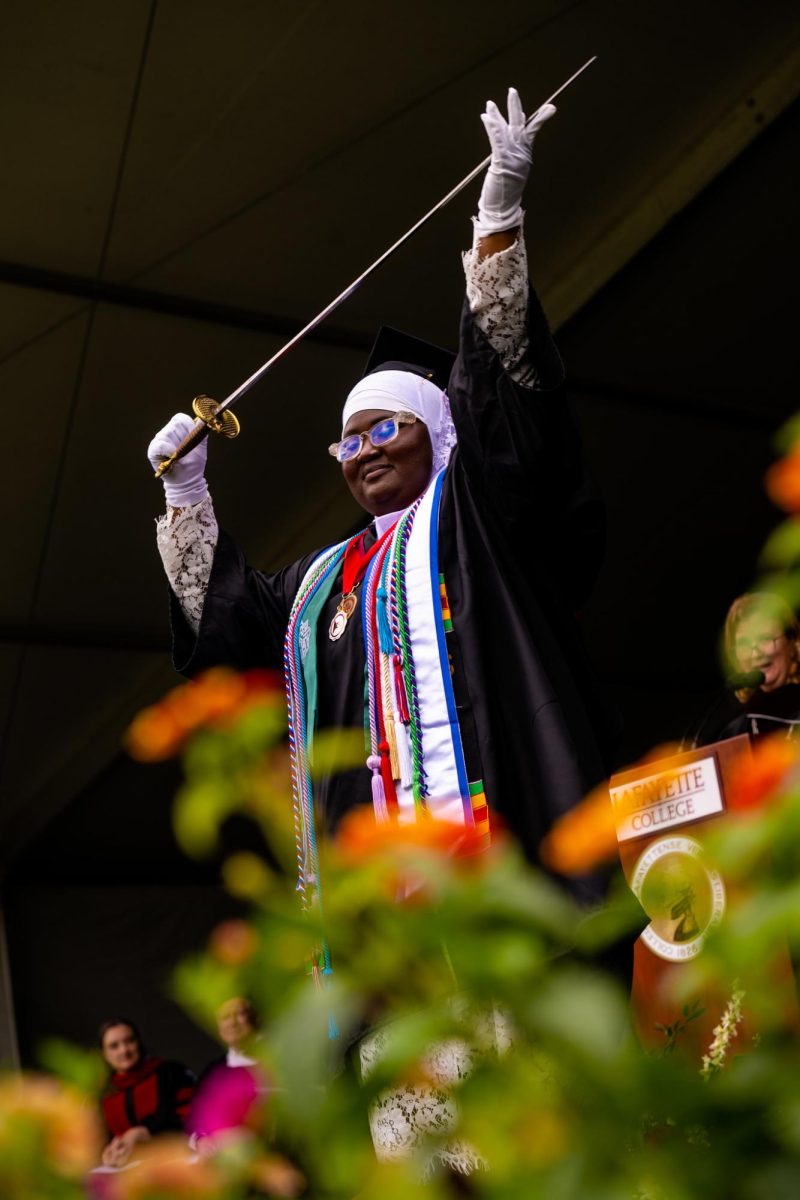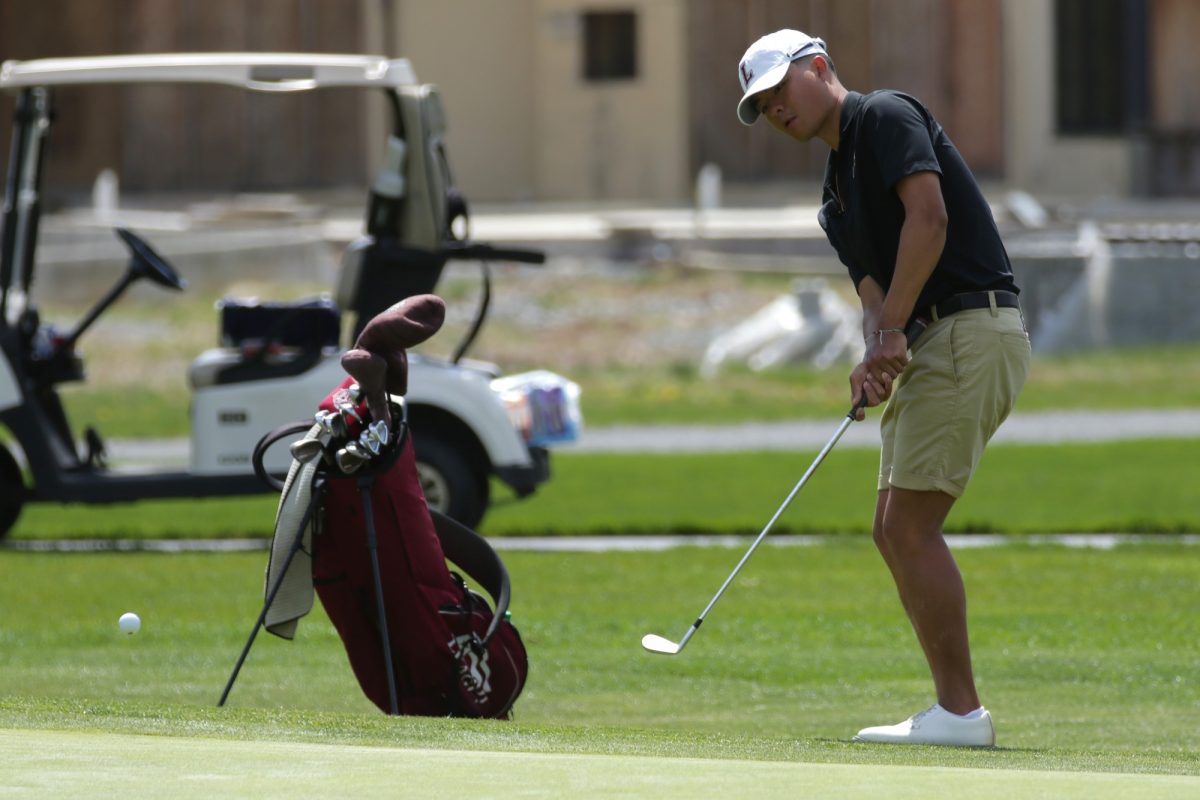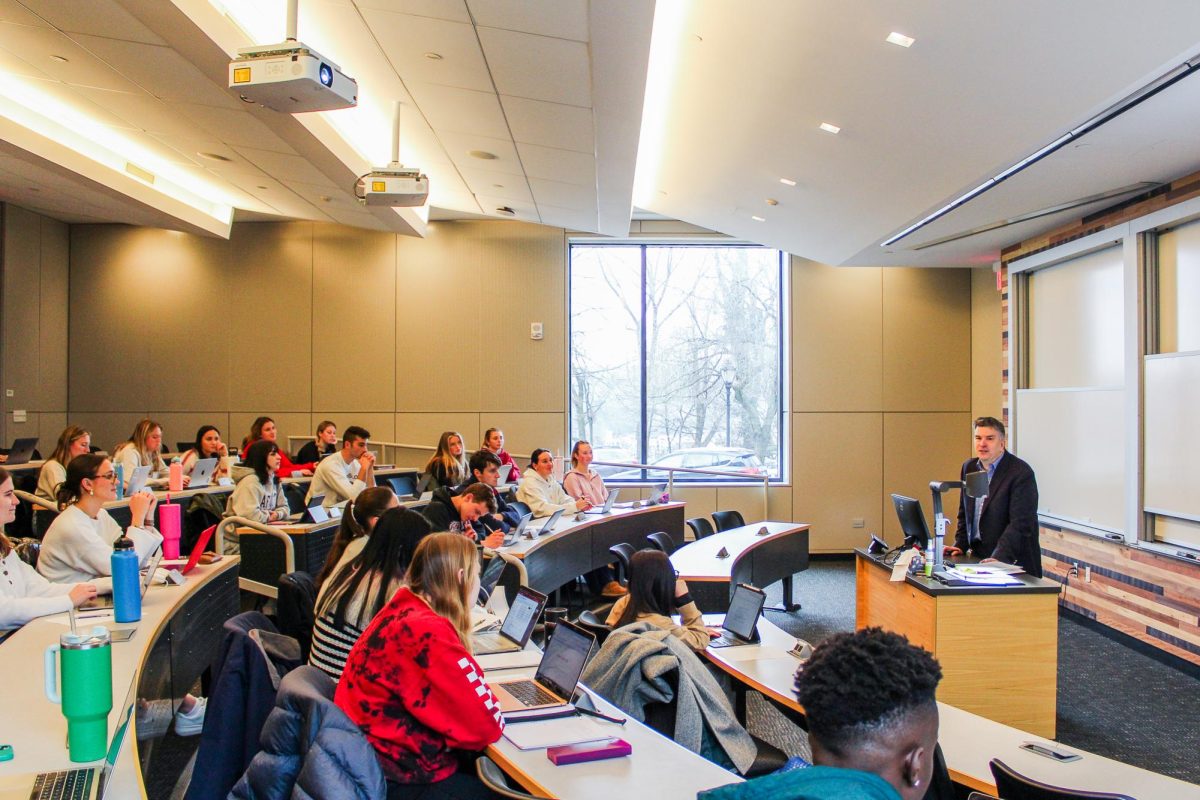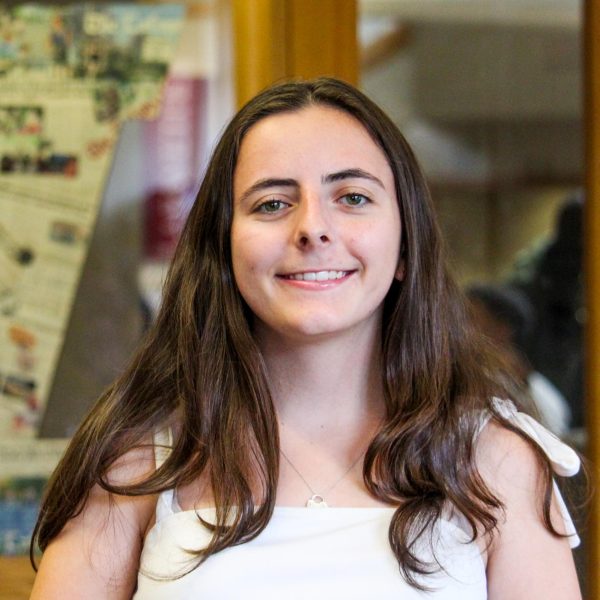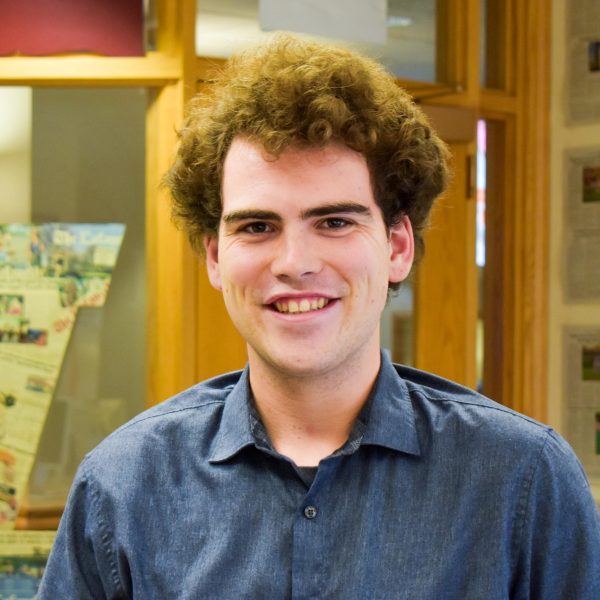The college’s newest minor is teaching students how to analytically navigate the corporate world after they leave Lafayette.
Spearheaded by professor of sociology David Shulman, the organizational studies program was created to address the desire of students to learn skills applicable to engaging effectively in professional sectors.
“I think many times people think, ‘How do I catch my first break? How do I get my first interview?'” Shulman said. “Getting into the room is obviously key, no one’s going to deny that. But once you’re there, what is your skill set to begin to figure things out?”
The organizational studies program centers around the interaction between anthropology, sociology, economics and psychology in addressing company culture, the functions of organizations and how to address issues faced in the workplace through research.
“For me, it’s not about running a business program, we’re not doing that,” Shulman said. “We don’t have the staff or the courses here to do business. But what we do do is have the ability for people to think about different facets of organizations: how they bring people into them, depending on who they are, how they function internally, from economics, psychology [and anthropology and sociology] sort of elements.”
For students, the interdisciplinary nature of the courses has enriched their Lafayette education.
“I know econ majors are a little stereotypical in the real world,” organizational studies minor Sean Rushton ‘24 said. “It gives me a new perspective and it helps me learn other stuff about the society and how things work outside of economics.”
James Turco ‘23, a “guinea pig” of the minor, believes the program gave him a head start when entering the corporate world.
“That was a time where I was applying for internships and figuring out who I wanted to be as a professional, so it kind of shaped me in a way in terms of the way I think about businesses and organizational cultures,” Turco said.
In addition to classes in core organization studies theory, students have the opportunity to take electives tailored to their interests such as arts management in the theater department.
“I think it’s really amazing when they think about how they can connect academic knowledge to something that they also want to pursue in their own career path,” Shulman said. “I believe that the courses and the departments and programs that people [participate in] here teach them knowledge that is going to benefit them for lifelong education.”
In “Introduction to Organizational Studies,” students work with case studies outlining issues frequently faced in an organization.
“There’s a problem that has to be solved; some concept is suddenly rearing up,” Shulman said. “Within that you’re seeing both the theory and the theories manifest in a practical way and people have to work through the implications of making the change.”
Shulman invites human resources professionals into the classroom to listen to students’ solutions to the case studies.
“It’s a learning tool,” Shulman said. “You’re talking to people with years of experience who have exposure to all these things over. You’re getting how real life constrains how elegant you might think your solutions are.”
By interacting with these professionals, students are able to place their knowledge in a global context.
“The program has given me a broader perspective of how the world operates and kind of given me some insight into different organizations outside of just finance,” said organizational studies minor Tommy McGee ‘24.
Shulman hopes that by recognizing the universal experiences that are found in organizations, students will be better equipped to handle the problems they face wherever their lives takes them.
“These things they pick up on like people’s behavior, attitudes, processes and organizations, it’s not just you observing,” Shulman said. “These are subjects of study and you can gain an edge or you can become happier, hopefully, if you’re thinking that you can research, you can learn something about them, you can try and understand more.”

